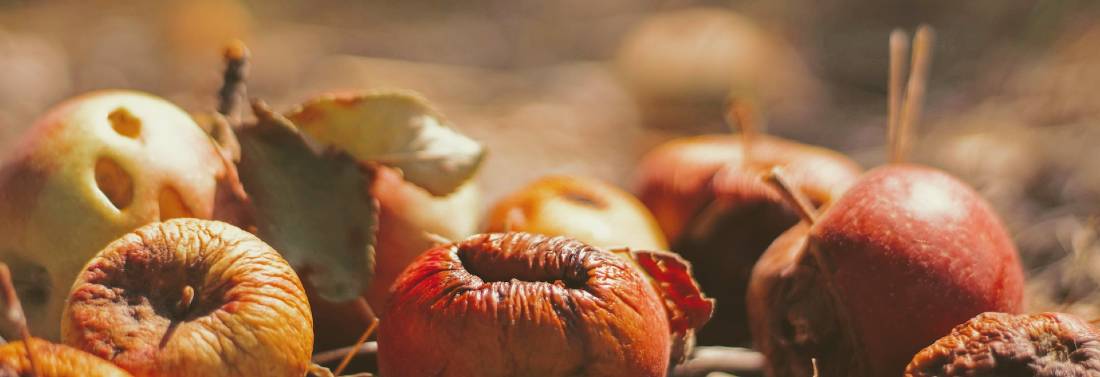What Are the Real Implications of Our Unsustainable Habits?
What are the real implications of our unsustainable habits? Every action you make impacts the planet, but there is no better time to adopt new habits and be kinder to the world. Everyone participates in unsustainable habits daily, so any effort to increase awareness is worth it.
Diving Into the Everything Shower Trend
A wave of mental health awareness brought about many beneficial trends. Sometimes, self-care trends like everything showers take it too far into wasteful territory. Here are a few of the aspects of this environmentally destructive habit disguised as a mental health boost:
- Long, hot showers: Showers use 2.5 gallons per minute, and hot temperatures mean water heaters have to work overtime to keep you cosy. Opt for low-flow shower heads or cut times in half to save precious kilowatts.
- Lighting candles: Most candles are made from paraffin wax, which comes from fossil fuels. Instead, choose ethically sourced beeswax or soy-based options if you’re vegan.
- Single-use face masks: Around 10 million face masks laced with microplastics and toxic perfumes go into landfills monthly, amounting to 40 tons of waste.
Romanticising Gas Appliances
Countless chefs refuse to replace their gas stoves because they are known to cook food better. Whether in our restaurants or homes, all gas appliances need upgrading to electric alternatives. Clinging to gas just because of how it looks or makes food taste is unimportant compared to the climate and human health risks associated with their use.
The worst consequence this has on the planet is that it makes it easier for fossil fuel companies to disregard climate science. In reality, it is a human health crisis that leaks copious amounts of methane into the atmosphere.
Being on Social Media
Regularly using social media might be one of the most destructive habits for the planet. How could looking at TikToks and Instagram Reels be so bad? Not only does one minute of TikTok use emit 2.63 grams of carbon dioxide per minute, but the adverse impacts social media has on the planet manifest in highly diverse ways, including:
- Requiring intense energy and water use to power data centres
- Promoting hyperconsumerism, which leads to excess waste and labour exploitation
- Degrading tech more quickly, fostering toxic corporate behaviours like planned obsolescence
- Spreading misinformation about sustainability and the environment
- Increasing individual carbon footprints
Travelling to Sleep
Sleep tourism is a trend you may not have heard of but may have participated in. What is a popular reason for going on holiday? People want to catch up on their rest. Travel companies noticed this and started marketing appropriately. In short, people are taking environmentally damaging flights and using the world’s resources to stay in fancy lodging and sleep.
This trend must stop, especially when tourism and travel account for 8%-10% of global emissions. Conscious tourism is essential for keeping the planet healthy, and emitting unnecessary carbon into the atmosphere to do things you could do at home is wasteful.
You don’t have to stop travelling altogether — just make it more thoughtful and hold companies accountable by letting them know you want more sustainable options. Plan intentional vacations that consider ecosystems by having an eco-conscious itinerary and practising cultural awareness.
Smoking Cigarettes
It’s apparent cigarettes produce some of the most infamous air pollution, but its lingering impacts are even more sinister. Lit cigarettes are among the most common causes of wildfires as people carelessly flick remnants onto the ground.
The destruction caused by wildfires is unlike any other weather event. In its path, it fells weak buildings and plant life, which leads to countless side effects. Fallen power lines cause electrocution, and animal species are forced to run away from their homes.
Creating Food Waste
Australia throws away 7.6 million tons of food yearly, and the numbers go up around the holidays when food should go to more people. The implications of this are vast, including deepening food scarcity, wasting money and creating dismissive mindsets about trash. Here are a couple of creative ways to reduce food waste:
- Meal prep
- Compost
- Reorganise your fridge
- Eat before going to the grocery store or order online
- Repurpose scraps into stocks, dressings and more
Honourable Mentions
These are additional habits you’ll want to consider in an even more comprehensive plan to reduce your footprint:
- Running air and heat when it isn’t necessary
- Recycling incorrectly, also known as wish cycling
- Defaulting to driving
- Wasting energy by spending too much time in front of screens
- Not curbing animal product consumption
- Improper disposal of toxic chemicals, like printer ink and batteries
- Using single-use coffee pods or not bringing a reusable coffee mug
- Forgetting water is boiling
Admitting Faults for Positive Change
Humanity’s habits leave a tangible mark on the planet. Accumulating piles of food waste produce greenhouse gases. Social media and tech giants keep data centre lights on and new phones released at the expense of extracting resources from vulnerable areas.
Individual change is crucial because it notifies corporations how to react. Shifting mindsets and behaviours now means industries will hold themselves more accountable, becoming better environmental stewards.






Pingback: How to Live Sustainably in an Apartment and Transform it Into an Eco-Friendly Haven - Soulful Concepts